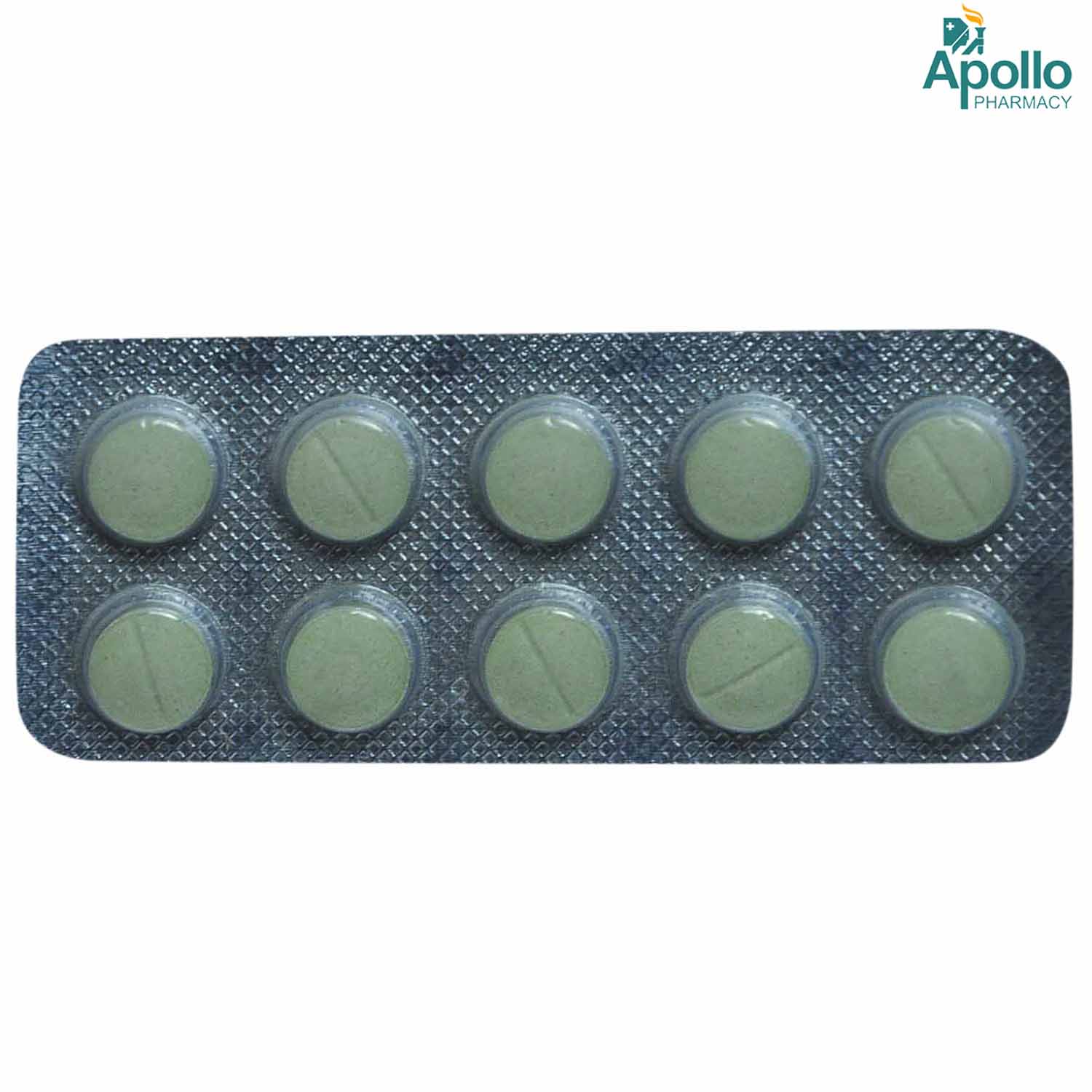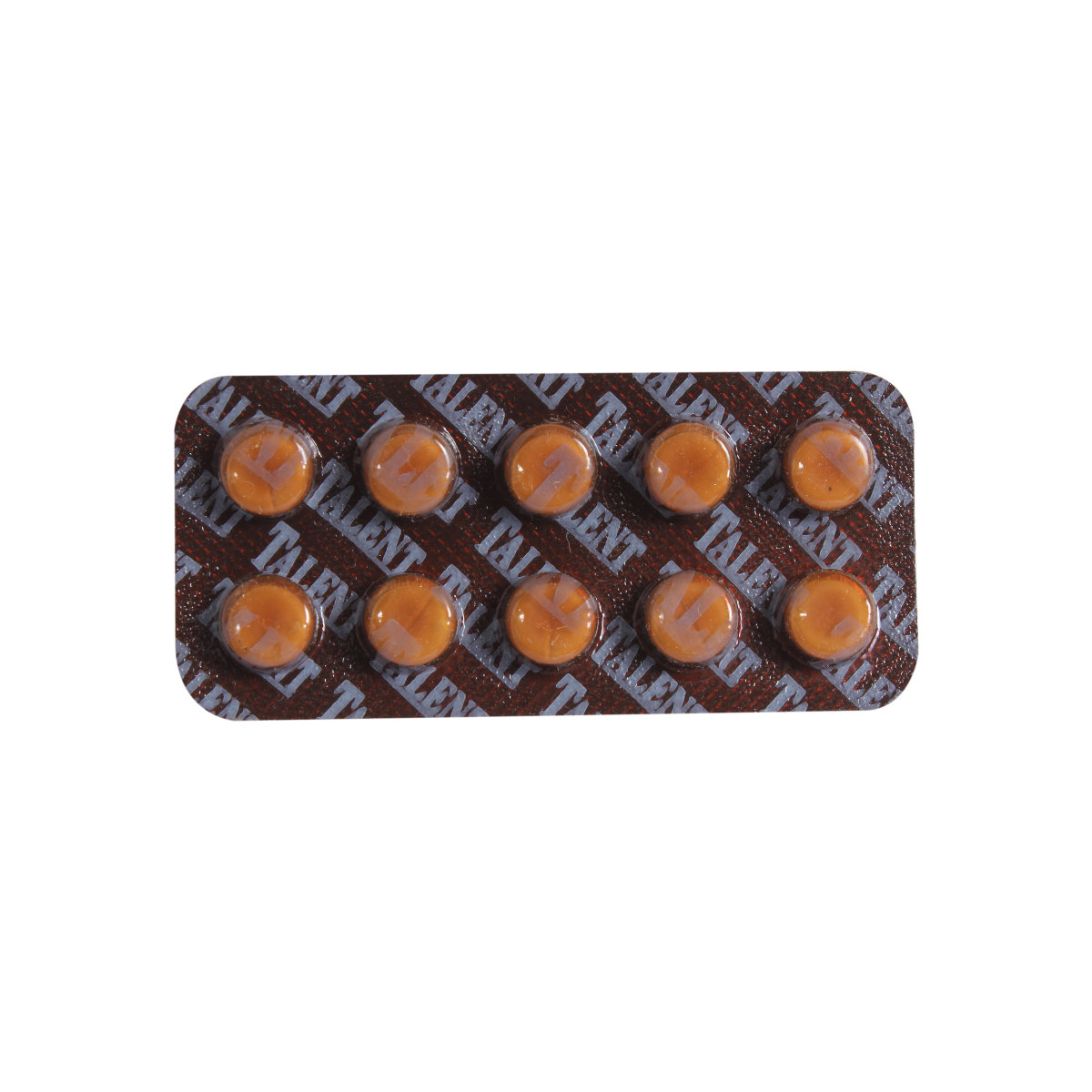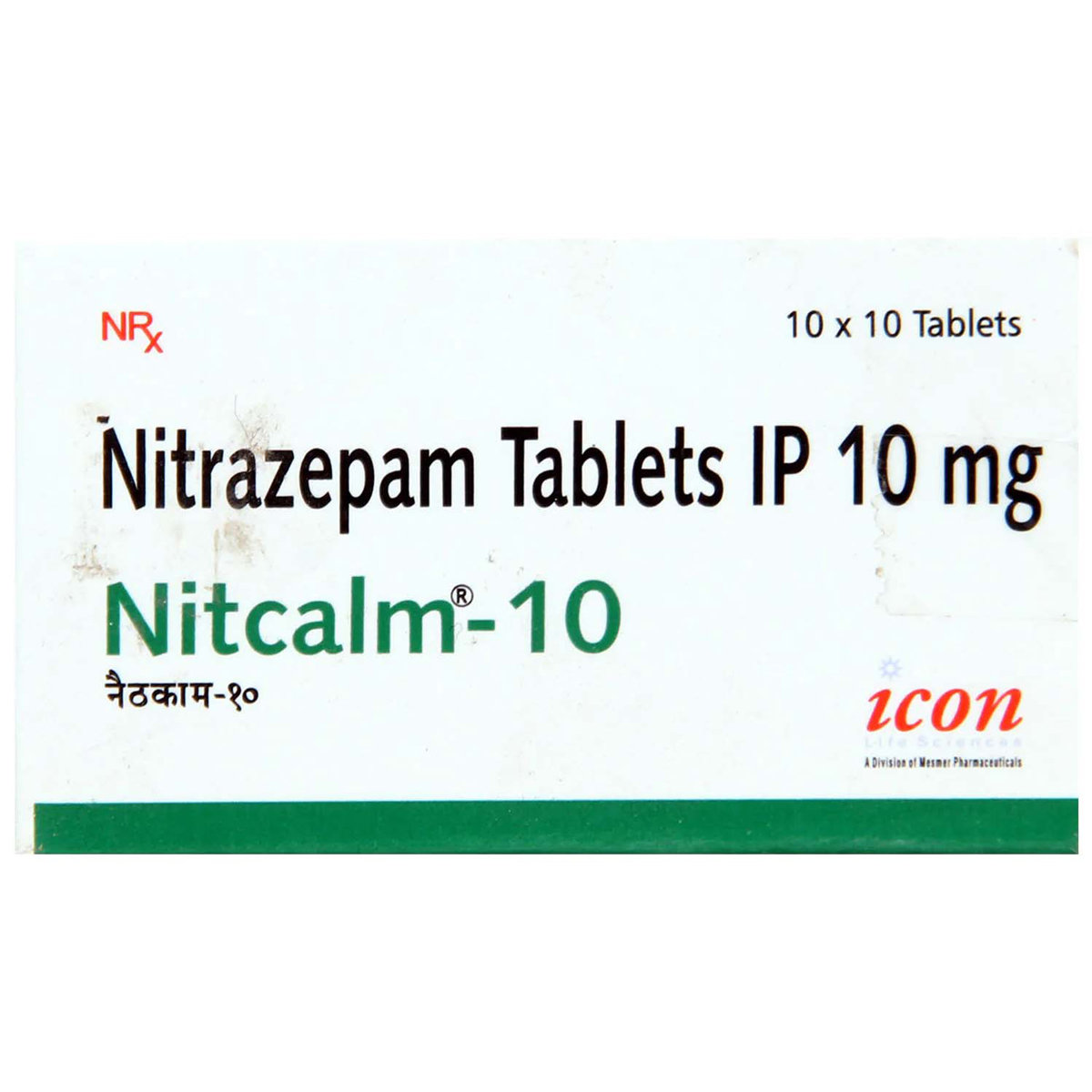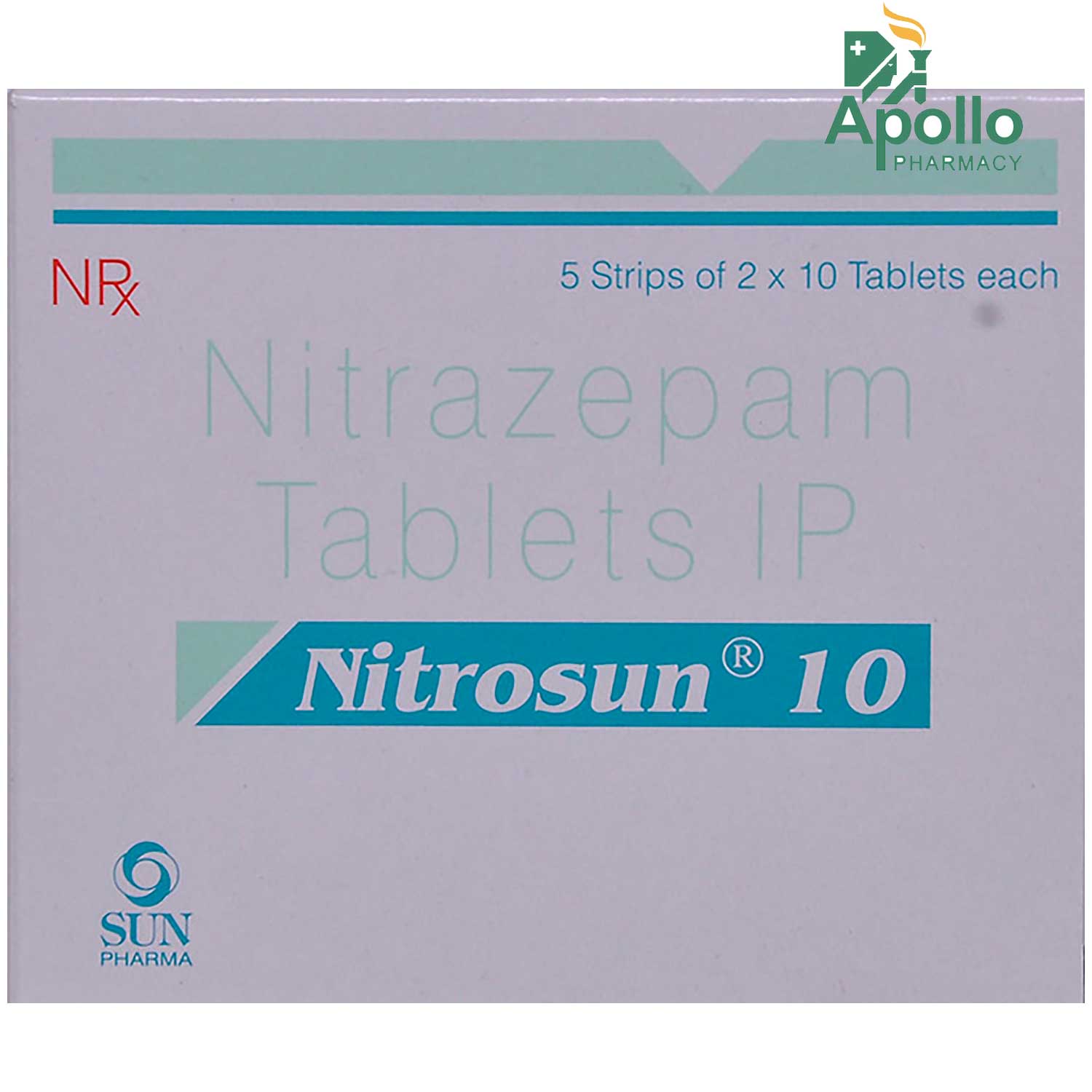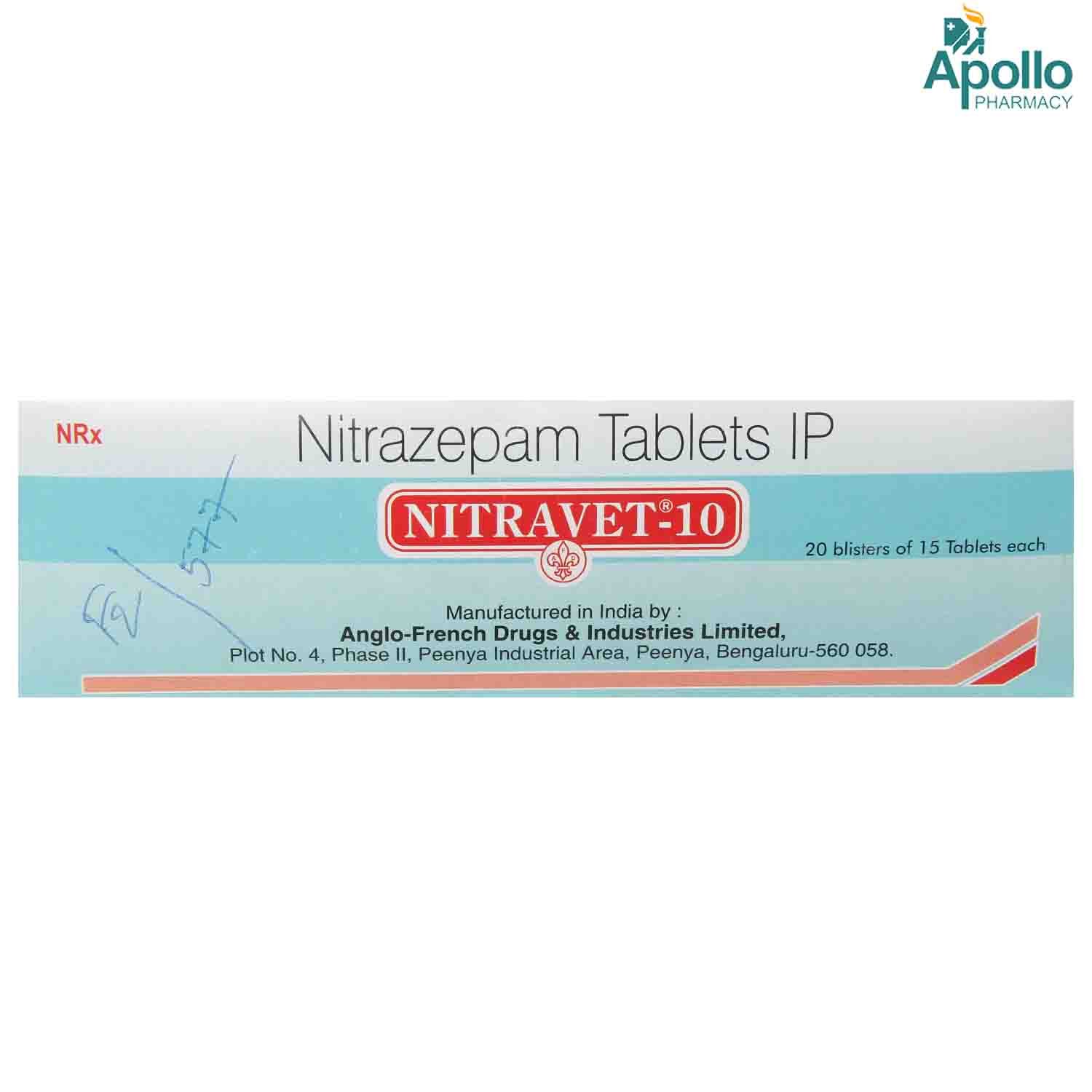SOPOR 10MG TABLET

MRP ₹76
(Inclusive of all Taxes)
₹11.4 Cashback (15%)
know your delivery time
Provide Delivery Location
Composition :
Manufacturer/Marketer :
Consume Type :
Expires on or after :
Return Policy :

Secure Payment

Trusted by 8 Crore Indians

Genuine Products
Therapeutic Class
Country of origin
Manufacturer/Marketer address
Author Details
We provide you with authentic, trustworthy and relevant information
FAQs
Disclaimer
Alcohol
Safe if prescribed
Avoid consumption of alcohol with SOPOR 10MG TABLET as it may increase the risk of drowsiness and other adverse effects.
Pregnancy
Consult your doctor
SOPOR 10MG TABLET is a category D pregnancy drug. Hence, it is not recommended for use during pregnancy, especially in the second and third trimesters as it may cause harm the unborn baby.
Breast Feeding
Consult your doctor
Avoid breastfeeding while taking SOPOR 10MG TABLET as it may be excreted in breast milk and cause adverse effects like sedation in the baby.
Driving
Safe if prescribed
SOPOR 10MG TABLET may cause dizziness, double vision or drowsiness in some people. Therefore, avoid driving if you feel drowsy, dizzy or experience any vision problems after taking SOPOR 10MG TABLET.
Liver
Consult your doctor
Take SOPOR 10MG TABLET with caution, especially if you have or had a history of liver diseases/conditions. The dose may be adjusted by your doctor as required.
Kidney
Consult your doctor
Take SOPOR 10MG TABLET with caution, especially if you have or had a history of kidney diseases/conditions. The dose may be adjusted by your doctor as required.
Children
Safe if prescribed
SOPOR 10MG TABLET is not recommended for children below 18 years of age. SOPOR 10MG TABLET is not recommended for the treatment of anxiety or sleeping problems in the children.
Product Substitutes
About SOPOR 10MG TABLET
SOPOR 10MG TABLET belongs to a group of medications called 'benzodiazepines' (BZD) primarily used to treat anxiety disorders, insomnia and prevention of seizures (fits) due to epilepsy. An anxiety disorder is a mental health disorder characterized by excessive fear or worry, that affects individual daily activities. Epilepsy is a brain-related neurological disorder characterized by episodes of seizures (fits) due to a chemical change in the brain cells (neurons) that leads to a sudden surge of electrical activity in the brain followed by sudden jerky movements of limbs or a part of the body. Insomnia is a sleeping disorder in which a person finds difficulty in feeling asleep or staying asleep.
SOPOR 10MG TABLET contain ‘Nitrazepam’ that works by increasing levels of brain cells (neurons) calming chemical, known as gamma-amino-butyric-acid (GABA), in your brain that helps to relieve anxiety, prevents further seizures attacks (fits), and relaxes tense muscles. Besides this, SOPOR 10MG TABLET relieves temporary insomnia (sleeplessness) due to anxiety disorder. SOPOR 10MG TABLET is not recommended for mild to moderate anxiety and tension related to day-to-day life.
Take SOPOR 10MG TABLET as your doctor has prescribed it. You may experience daytime drowsiness, loss of coordination, nightmares, headache, light-headedness, or dizziness in some cases. Most of these side effects of SOPOR 10MG TABLET do not require medical attention and gradually resolve over time. However, if the side effects are persistent, please reach out to your doctor.
If you are known to be allergic to SOPOR 10MG TABLET or any other medicines, please tell your doctor. Do not take SOPOR 10MG TABLET if you have any lung disease, muscle weakness (myasthenia gravis), sleeping disorder or difficulty in sleeping (sleep apnoea), severe liver or kidney disease. SOPOR 10MG TABLET is not recommended for children below 18 years of age. SOPOR 10MG TABLET is a habit-forming drug and hence there is a risk of dependence on SOPOR 10MG TABLET. So, before stopping SOPOR 10MG TABLET, contact a doctor as it may cause withdrawal symptoms like anxiety, increased heart rate, tremor or general unwell feeling.
Uses of SOPOR 10MG TABLET
Medicinal Benefits Mweb
Key Benefits
SOPOR 10MG TABLET is a “benzodiazepines” that increases the chemical messenger (GABA) in your brain, thereby decreasing the feeling of nervousness, stress and anxiety, leading to a state of calmness and relaxation induces sleep. SOPOR 10MG TABLET benefits people who struggle with anxiety and worries in daily life. Regular intake of the prescribed dose of SOPOR 10MG TABLET improves social-life and your ability and performance at work and general wellbeing.
Directions for Use
Side Effects of SOPOR 10MG TABLET
- Drowsiness during the day
- Feeling of emptiness
- Reduced alertness
- Confusion
- Tiredness
- Loss of coordination
- Headache
- Nightmares
- Dizziness
- Muscle weakness
- Double vision
Drug Warnings
Do not take SOPOR 10MG TABLET if you are known to be allergic to Nitrazepam or other benzodiazepines class of medicines like clonazepam, lorazepam, diazepam etc. SOPOR 10MG TABLET is not recommended for use below 18 years of age. Do not take SOPOR 10MG TABLET if you are pregnant or breastfeeding as it may cause adverse effects in the baby. SOPOR 10MG TABLET should be used with caution in elderly patients above 65 years as there is an increased risk of adverse reactions such as drowsiness, dizziness, and muscle weakness. Inform your doctor if you have myasthenia gravis (muscle weakness), drug addiction, chronic pulmonary insufficiency, narrow-angle glaucoma, kidney/liver problem before taking SOPOR 10MG TABLET. Taking SOPOR 10MG TABLET with opioid pain killer medicines (like codeine, oxycodone and hydrocodone) can cause severe drowsiness, breathing problems, coma, and even death. SOPOR 10MG TABLET should be taken with extreme caution in patients who have a history of alcoholism or drug abuse. If you feel excess suicidal thoughts, difficulty concentrating, sleep disturbances (apnoea), dizziness, or, sleepiness let your doctor know about this.
Drug-Drug Interactions
Drug-Drug Interactions
Login/Sign Up
Drug-Food Interactions
Drug-Food Interactions
Login/Sign Up
Drug-Diseases Interactions
Drug-Diseases Interactions
Login/Sign Up
Drug-Drug Interactions Checker List
- ORLISTAT
- SODIUM OXYBATE
- CIMETIDINE
- RIFAMPICIN
- ERYTHROMYCIN
- CODEINE
- HYDROCODONE
- OXYCODONE
- ALCOHOL
- ALPRAZOLAM
- LORAZEPAM
- ZOLPIDEM
- CARISOPRODOL
- CYCLOBENZAPRINE
- CETIRIZINE
- MORPHINE
- ISONIAZID
- DIGOXIN
- DILTIAZEM
- OMEPRAZOLE
- FLUCONAZOLE
- ZIDOVUDINE
- PHENYTOIN
- PHENOBARBITAL
- NEFAZODONE
- FLUVOXAMINE
- FLUOXETINE
Habit Forming
Special Advise
- Do not take SOPOR 10MG TABLET for a prolonged time as, it may lead to mental or physical dependence on SOPOR 10MG TABLET.
- SOPOR 10MG TABLET causes drowsiness. Avoid doing activities that require your complete focus and attention like driving when on this drug.
- An abrupt stoppage of SOPOR 10MG TABLET can lead to significant withdrawal symptoms. Always discuss with your doctor about decreasing the dosage before completely stopping its usage.
- Avoid consuming alcohol while on this medication as it can lead to dangerous side effects.
- SOPOR 10MG TABLET is unsafe for usage if you're pregnant or are planning to get pregnant. Discuss with your doctor in such situations about changing/replacing the medicine with safer alternatives.
- To avoid getting addicted to this drug take it only in prescribed quantities and only as directed by your doctor. Do not self-medicate.
Diet & Lifestyle Advise
- Do regular exercise which can help lower anxiety by releasing endorphins and improving your sleep and self-image.
- Find the humor in your daily life. Try to watch a comedy show to help relieve stress.
- You can try increasing your mindfulness, by including yoga, meditation, mindfulness-based cognitive therapy and mindfulness-based stress reduction.
- Drink enough water to stay hydrated and limit or avoid alcohol and caffeine to relieve anxiety.
- Include a diet rich in whole grains, vegetables and fruits. This is a healthier option than eating a lot of simple carbohydrates found in processed foods.
- Herbs like turmeric, ginger and chamomile contain anti-inflammatory properties. Including these kinds of stuff in the meal can reduce inflammation caused due to anxiety disorder.
- Reduce your alcohol, caffeine, added sugar, high salt and high fat intake. Especially trans-fat may help also help reduce inflammation.
- You can include antioxidants in your daily diet like ashwagandha, omega-3 fatty acids, green tea and lemon balm.
All Substitutes & Brand Comparisons
RX
Not for online saleNap 10 Mg Mg Tablet 10's
Shine Pharmaceuticals Ltd
₹31
(₹2.79 per unit)
59% CHEAPERRX
Not for online saleNIRA 10MG TABLET
Dadha Pharma Pvt Ltd
₹35
(₹3.15 per unit)
53% CHEAPERRX
Not for online saleNITHRA 10MG TABLET
East West Pharma India Pvt Ltd
₹38.5
(₹3.47 per unit)
49% CHEAPER

Have a query?
Buy best C.n.s Drugs products by
Intas Pharmaceuticals Ltd
Sun Pharmaceutical Industries Ltd
Torrent Pharmaceuticals Ltd
Alkem Laboratories Ltd
Abbott India Ltd
Cipla Ltd
Alteus Biogenics Pvt Ltd
Micro Labs Ltd
Lupin Ltd
Ipca Laboratories Ltd
D D Pharmaceuticals Pvt Ltd
Icon Life Sciences
Mankind Pharma Pvt Ltd
Tripada Healthcare Pvt Ltd
Arinna Lifesciences Ltd
Linux Laboratories Pvt Ltd
East West Pharma India Pvt Ltd
La Renon Healthcare Pvt Ltd
Talent India Pvt Ltd
Tas Med India Pvt Ltd
Zydus Healthcare Ltd
Cnx Health Care Pvt Ltd
Eris Life Sciences Ltd
Leeford Healthcare Ltd
Emcure Pharmaceuticals Ltd
Macleods Pharmaceuticals Ltd
Sigmund Promedica
Aristo Pharmaceuticals Pvt Ltd
Dr Reddy's Laboratories Ltd
Troikaa Pharmaceuticals Ltd
Consern Pharma Ltd
Zydus Cadila
Shine Pharmaceuticals Ltd
Wockhardt Ltd
Ardent Life Sciences Pvt Ltd
Crescent Formulations Pvt Ltd
Theo Pharma Pvt Ltd
Reliance Formulation Pvt Ltd
Ikon Pharmaceuticals Pvt Ltd
Propel Healthcare
Neon Laboratories Ltd
Jagsam Pharma
Msn Laboratories Pvt Ltd
Morepen Laboratories Ltd
Pulse Pharmaceuticals
Sanofi India Ltd
Med Manor Organics Pvt Ltd
Hetero Healthcare Pvt Ltd
Novartis India Ltd
Crescent Therapeutics Ltd
Elder Pharmaceuticals Ltd
Solvate Laboratories Pvt Ltd
Akumentis Healthcare Ltd
Mova Pharmaceutical Pvt Ltd
Psyco Remedies Ltd
Tripada Lifecare Pvt Ltd
Ajanta Pharma Ltd
Cyrus Remedies Pvt Ltd
Medishri Healthcare Pvt Ltd
Cadila Healthcare Ltd
Glenmark Pharmaceuticals Ltd
Matteo Health Care Pvt Ltd
Hbc Life Sciences Pvt Ltd
Lyf Healthcare
Matias Healthcare Pvt Ltd
Mesmer Pharmaceuticals
Alembic Pharmaceuticals Ltd
Capital Pharma
Crescent Pharmaceuticals
Medopharm Pvt Ltd
Alniche Life Sciences Pvt Ltd
Kivi Labs Ltd
Talin Remedies Pvt Ltd
USV Pvt Ltd
Quince Lifesciences Pvt Ltd
Solis Pharmaceuticals
Infivis Life Care
Zuventus Healthcare Ltd
Cadila Pharmaceuticals Ltd
Pfizer Ltd
Wallace Pharmaceuticals Pvt Ltd
A N Pharmacia Laboratories Pvt Ltd
Blue Cross Laboratories Pvt Ltd
Jenburkt Pharmaceuticals Ltd
Lia Life Sciences Pvt Ltd
Mano Pharma
Medley Pharmaceuticals Ltd
Primus Remedies Pvt Ltd
FDC Ltd
Maneesh Pharmaceuticals Ltd
Apex Laboratories Pvt Ltd
Gagnant Healthcare Pvt Ltd
Ozone Pharmaceuticals Ltd
RPG Life Sciences Ltd
Strides Shasun Ltd
Unichem International
GlaxoSmithKline Pharmaceuticals Ltd
Kuresys Labs Pvt Ltd
LA Pharma
Trion Pharma India Llp



